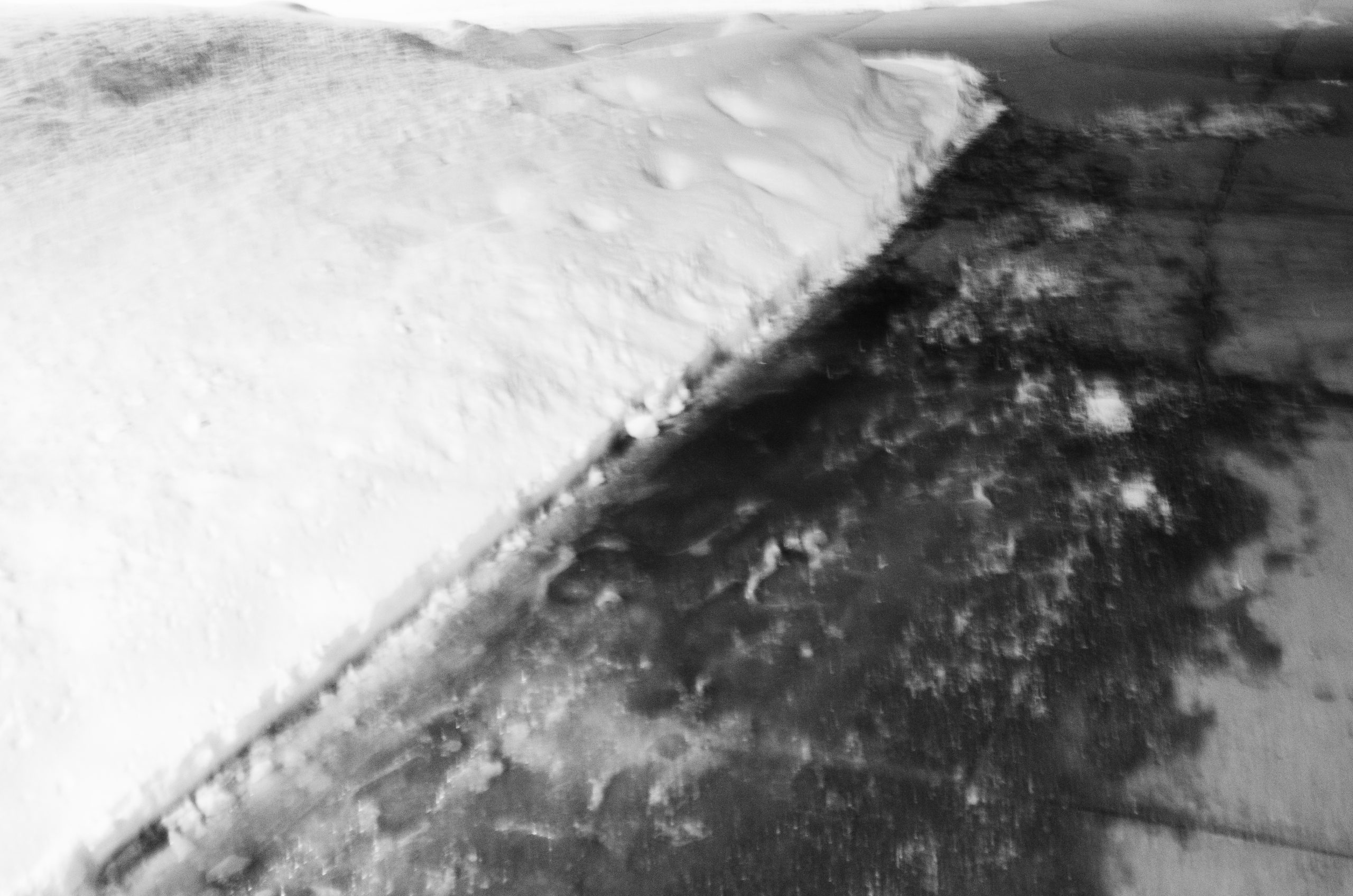 Recently, I found myself staring at the map of the world taped to my dorm room wall, and I started to think about the history that this world we inhabit has endured. After a while, I started thinking about how the map I was looking at is a human creation. In reality, it is nothing more than our perceived interpretation of reality, a reality that encompasses numerous cultures that are so different from one another, and yet, are inches away from each other on the map.
Recently, I found myself staring at the map of the world taped to my dorm room wall, and I started to think about the history that this world we inhabit has endured. After a while, I started thinking about how the map I was looking at is a human creation. In reality, it is nothing more than our perceived interpretation of reality, a reality that encompasses numerous cultures that are so different from one another, and yet, are inches away from each other on the map.
I started thinking about what it was like before this planet even existed. It is very humbling to realize that you are one microscopic piece of this universe; that the universe has existed long before you or any of your family members were ever born, and will continue to exist after you and everyone you know have returned to the origin of all things: nothingness.
Our existence as sentient creatures, otherwise known as a human being, raises many questions as to the true nature of things. Some of these questions may include: who am I? What is my purpose? Where did I come from? Where am I going? Is this the only life I have ever known, or is this just one in a series of infinite lives?
The answer to these questions is not something that can be found as easily as the motivation to ask them. However, it is this motivation that presents such a unique difference between us and all other creatures on this planet. We think, and therefore, we want to know why we think. We want to know why our evolution has allowed us to develop a consciousness; granted us the privilege to cultivate ourselves to become better people; and forced us to interact with other members of our species in a competition for survival.
The fact that human beings exist in the first place is a fascinating subject, and it necessarily begs the question of whether or not it is possible for a god that created the universe to exist as well, if it is indeed possible for a human being to exist in the depths of space and time?
Personally, I do not believe that any religion is inherently right or wrong, but the fact that humans have created such belief systems reinforces the curious nature of the universe. Thus far, humankind’s only explanation for everything we see has been that there must be something out there, something so powerful as to be able to create all of this that we perceive to be reality.
Philosophers have each given their own interpretation of reality, and the universe that encompasses it, for thousands of years. Now, modern science has taken control of the helm in the quest to discover the true nature of reality, and the laws that govern it. With each discovery, scientists realize that they actually have more unanswered questions about the universe than they previously thought, a paradox that may be seen in other contexts, such as Socrates’ own belief that he himself was ignorant of any truth, a wise and accurate assessment, to be sure.
The problem with believing in something supernatural is the fact that human beings have the tendency to put this supernatural deity above the well–being of other human beings that inhabit this planet, a contradictory notion, if this reasoning is followed to its logical conclusion. Any diligent student of history will tell you that religion has been a major cause of conflict since the inception of human self-consciousness, with the prolonged series of wars, known as the Crusades being a prime example of what happens when human beings let their own subjective beliefs get in the way of admiring an objective reality for what it is.
Confucius said, “Life is really simple, but we insist on making it complicated.” When we spend life searching for the one concrete answer to the question we think will set us free, we blind ourselves to the reality of the universe that surrounds us each and every day of our lives.

I like your article. You may like to google, download and read “The Origin of the Universe – Case Closed”. It goes into great detail about this.
GREAT article Schneider! Thanks for the critical thoughts!